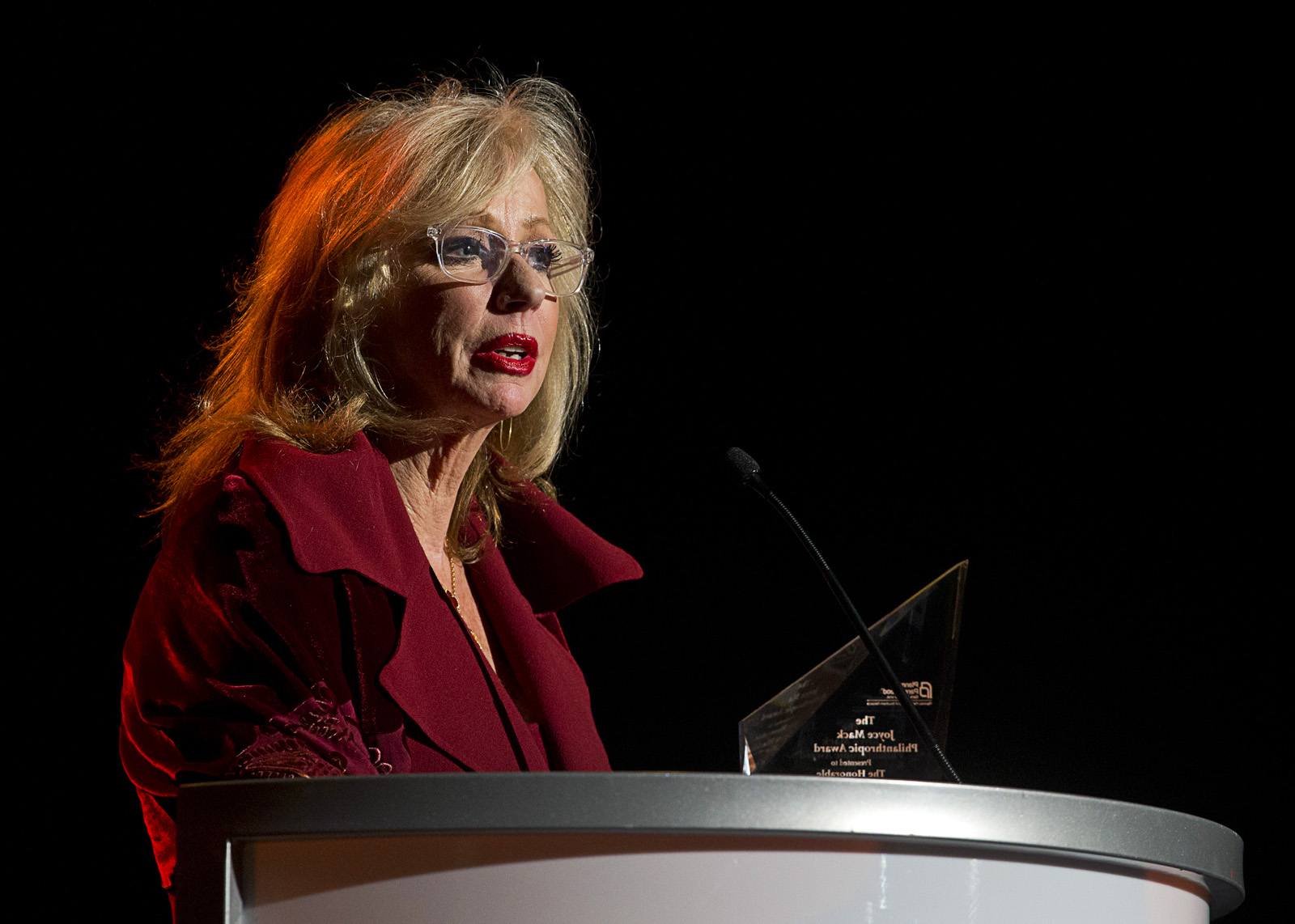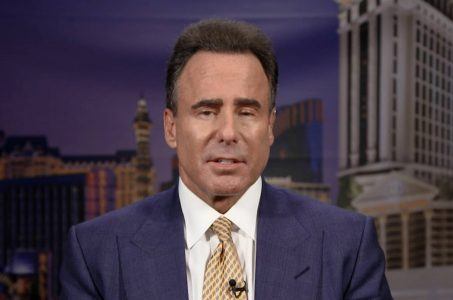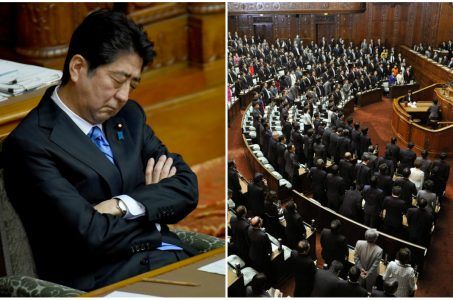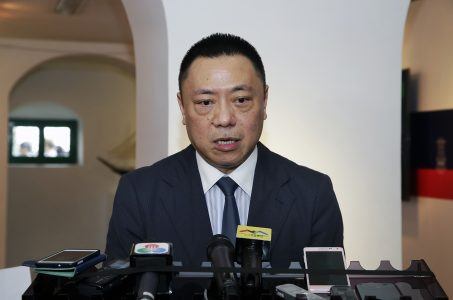Caesars Entertainment Exec Jan Jones Blackhurst Predicts Company Will Win Japan License
Posted on: December 11, 2018, 07:18h.
Last updated on: December 11, 2018, 07:18h.
Caesars Entertainment Executive VP of Government Relations Jan Jones Blackhurst expressed her opinion this week that the casino operator is well-positioned to win one of the three coveted gaming licenses in Japan.

In an interview with Nevada Newsmakers, the gaming industry veteran and former mayor of Las Vegas discussed various topics of importance, but none more so than Japan.
Japan is hugely important, not only to Caesars but the entire gaming industry,” Jones Blackhurst explained. “This is probably the single most important market to open in the last decade for sure, maybe the last two decades.”
Jones Blackhurst became Las Vegas’ first female mayor in 1991. After serving two terms and then unsuccessfully running for Nevada governor, she joined Caesars.
Caesars isn’t alone in hoping to enter the untapped Japanese market. Nearly every major casino player is fixated on the country including Las Vegas Sands, MGM Resorts, Wynn Resorts, Galaxy Entertainment, Melco Resorts, and Hard Rock.
Japan lawmakers approved Prime Minister Shinzo Abe’s Integrated Implementation Bill in July. The legislation calls for the issuance of three multibillion-dollar casino properties. Government agencies are currently finalizing regulatory specifics, and a detailed structure of how the bidding process will play out.
International Experience
Commercial gambling was illegal until the National Diet signed off on the casino law. But that isn’t to say Japanese citizens haven’t been testing their luck for decades.
Pachinko parlors are widespread across the country, and the penny arcade machines have frequently been compared to slot machines. With gambling critics expressing concerns that the casinos will lead to an increase in addiction, and a general population remaining opposed to the resorts, and priority No. 1 for federal lawmakers is making sure the complexes don’t impose social harm on citizens.
That’s why the government is expected to seek operators that have proven track records operating in multiple countries. That doesn’t necessarily bode well for Caesars, as the company has been focused on US jurisdictions, and isn’t one of the six licensees in Macau.
Japan’s initial shell gambling bill also included language that said only companies “with high morals, a sense of responsibility, and a clean nature” be considered for licensure. Caesars Entertainment exited bankruptcy in the fall of 2017.
Casino Holy Grail
Caesars has already unveiled plans for a multibillion-dollar integrated resort in Yokohama that it’s calling “Great Wave.” The blueprint would place the complex at the city’s waterfront Yamashita Pier.
Tokyo, Yokohama, and Osaka are the three desired locations for the casino resorts, but the cities must first welcome them. Officials in Osaka say they’re open to host, but Yokohama leaders have been quiet.
After missing out on Macau, Jones Blackhurst believes it’s critical Caesars wins in Japan.
There are no integrated resorts in Japan. The upside for revenue possibly is equivalent to or greater than Macau, even with just three licenses,” Jones Blackhurst declared.
Global investment research firm Morningstar forecasts that Japan’s gaming industry could hit $21 billion annually by 2025. Macau casinos are on pace to win roughly $37.75 billion in 2018.
Related News Articles
Most Popular
LOST VEGAS: ‘Tony The Ant’ Spilotro’s Circus Circus Gift Shop
Las Vegas Overstated F1 Race’s Vegas Impact — Report
Mega Millions Reportedly Mulling Substantial Ticket Price Increase
Las Vegas Strip Stabbing Near The Strat Leaves One Man Dead
Most Commented
-
End of the Line for Las Vegas Monorail
— April 5, 2024 — 90 Comments -
Mega Millions Reportedly Mulling Substantial Ticket Price Increase
— April 16, 2024 — 8 Comments -
Long Island Casino Opponents Love New York Licensing Delays
— March 27, 2024 — 5 Comments
















No comments yet